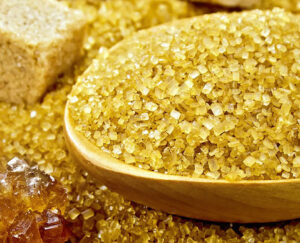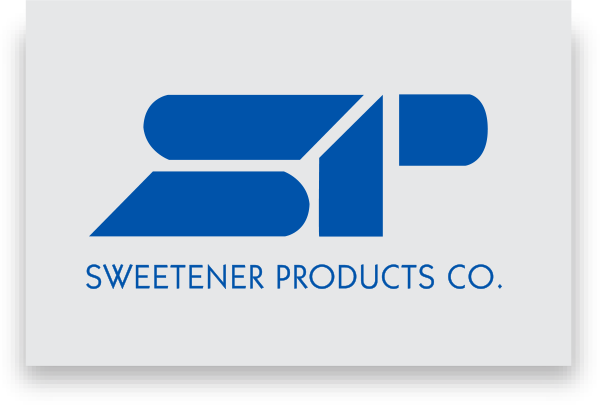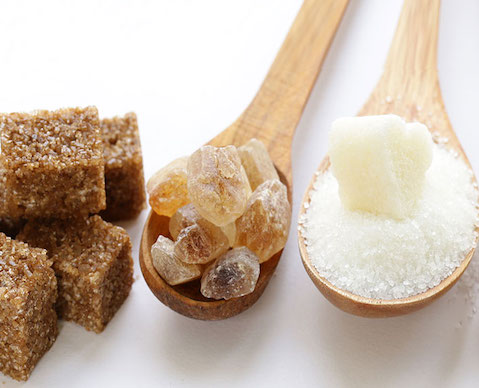Sugar is a major part of our lives – on average, Americans consume 19.5 teaspoons of sugar every day. That equates to about 320 calories out of our daily intake. And it comes at little surprise. Sugar tastes good and makes us feel good when used in the foods and beverages that we consume.
However, there is an increasing consumer awareness of sugar, it’d varieties, and both the environmental and health characteristics of this ingredient. It leaves food and beverage producers with complicated choices around how to formulate their products with sugar. Let’s dive into the differences between refined white sugar and organic sugar used in many products.
What is Organic Sugar?
The global organic sugar market is expected to grow 15% over the next two years. Unlike traditionally processed conventional sugar, organic unrefined sugar contains 17 amino acids, 11 minerals (such as sodium, magnesium, and calcium), and many vitamins. Additionally, organic sugars are non-allergenic, are rich in polyphenols, which are powerful phytonutrients that act as antioxidants. Organic sugars are loaded with vitamins and minerals such as calcium, potassium, magnesium, manganese, and iron; along with a complete profile of essential amino acids that help burn fat and build muscle.
Organic sugar comes from cane imported from Paraguay, Brazil, Mexico, Argentina, Columbia and India. Organic refers to the way a crop is grown, as well as how it is processed, handled, and packaged. No genetically modified seeds, synthetic pesticides, and fertilizers can be used to create organic sugar cane. Additionally, any substances used to grow the sugar cane must not contribute to the contamination of crops, soil, or water.
The National Organic Program (NOP) strictly regulates the term “organic” and organic sweeteners must also comply with the USDA’s organic standards and the FDA’s regulations. On product ingredient lists, you may find organic sugar called turbinado, raw sugar, evaporated cane juice, dried cane syrup or dehydrated cane juice. Sweetener Products’ organic sugar can be labeled as Fair Trade IBD, Fair for Life and Fair Trade Certified.
Fair Trade IBD is the largest certifier in Latin America for organic products globally. Fair for Life promotes an approach of fair trade that allows all producers and workers who are at a socio-economic disadvantage to access a wider range of social and economic benefits. Fairtrade is a global movement made up of a diverse network of producers, companies, shoppers, advocates, and organizations putting people and the planet first. A Fair Trade Certified™ product is made according to rigorous social, environmental, and economic standards, including working in safe conditions, protecting the environment, and building sustainable livelihoods.

Turning Cane Juice into Raw Sugar
Raw sugars are produced directly from sugar cane juice. After forming sugar crystals, these crystals are centrifuged and washed to remove most of the molasses. This is the dark syrup created around the sugar crystals when cane juice is heated. As a result, organic sugar has a slight molasses flavor and a pale blond color as compared to processed sugar’s bright white color.
In terms of food manufacturing, producers can use table sugar and organic sugars interchangeably — one teaspoon of organic raw sugar is as sweet as one teaspoon of table sugar. It’s important to note that while organic sugar refers to the growing and processing methods, raw sugar refers to the level of refinement. Not all raw sugars are organic, and not all organic sugars are raw. Understanding these distinctions can help manufacturers make more informed ingredient choices.
Myths About Organic Sugars
There can be misconceptions around what the term “organic” is regarding organic sugar. Organic sugar is not an unprocessed product or an unrefined product. Additionally, these sugars are not nutritionally better for consumers than refined white sugar. However, organically processed sugars are better for the environment and in the case of Fair Trade sugar like ours, are also better for laborers around the globe.
Looking to enhance your products with a sustainable, high-quality sweetener? Raw or unrefined organic sugar offers an environmentally friendly profile and a hint of molasses flavor, perfect for manufacturers who prioritize natural ingredients. Talk to our experts today to find the right organic sugar solution for your needs!
Frequently Asked Questions:
Does sugar need to be organic?
No, sugar does not need to be organic for food production, but organic sugar is grown without synthetic pesticides or fertilizers, making it a cleaner option. Brands focused on sustainability may prefer organic sugar, especially when Fair Trade certifications support ethical sourcing and better working conditions for farmers.
What is the Difference Between Raw Sugar and Refined Sugar
Refined sugar is highly processed to remove all molasses and impurities, resulting in pure white crystals with a neutral taste. Raw sugar, on the other hand, is less processed and retains a thin layer of molasses, giving it a slightly golden color and a mild caramel flavor. While both have the same calorie content and sweetness level, raw sugar may appeal to consumers seeking less processed ingredients or a more natural image in product formulations.
Is organic sugar less processed than conventional sugar?
Organic sugar undergoes fewer chemical treatments than conventional white sugar but is still refined through crystallization and drying. The main distinction is that organic sugar is produced without synthetic chemicals, making it a cleaner-label choice.

